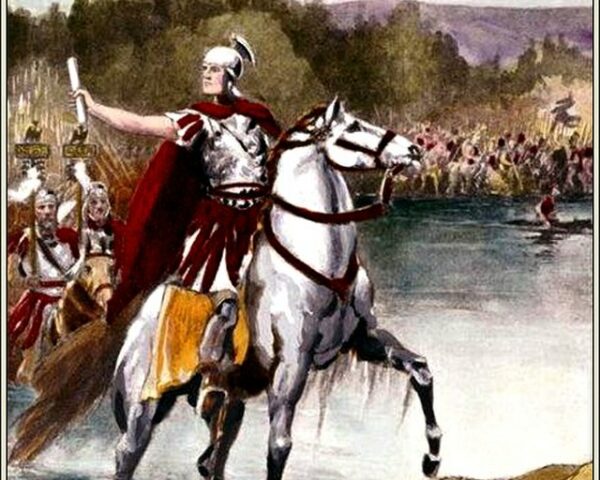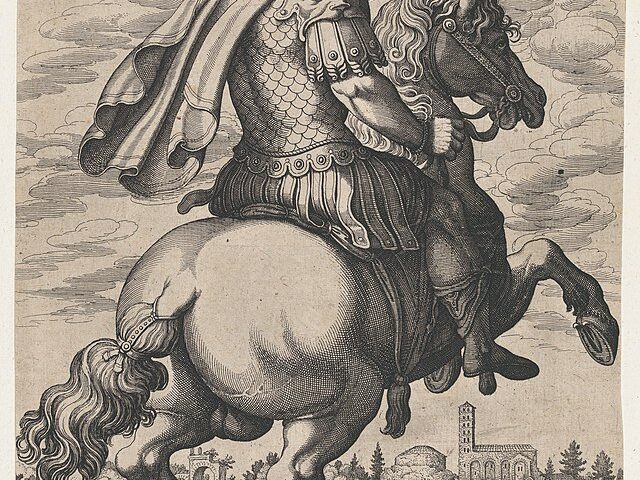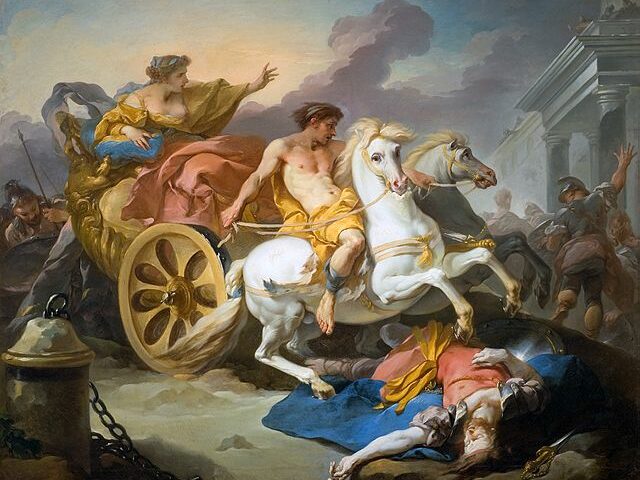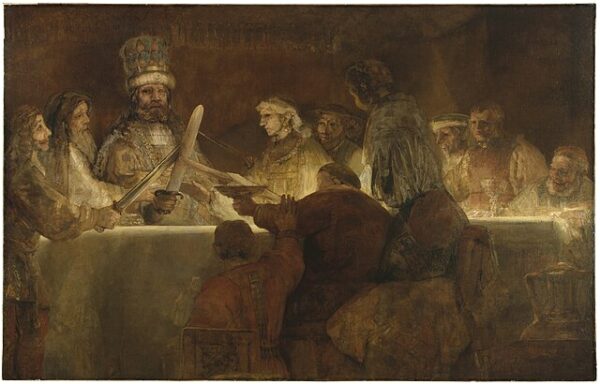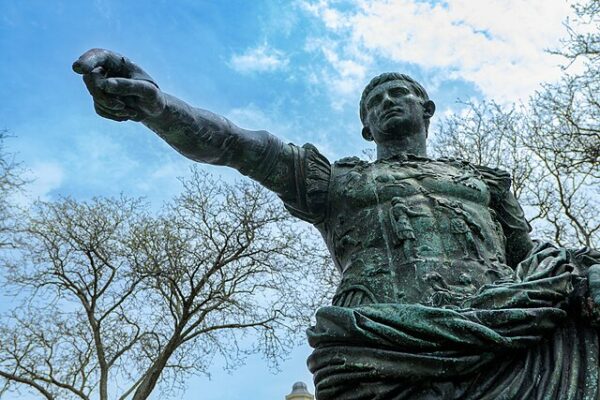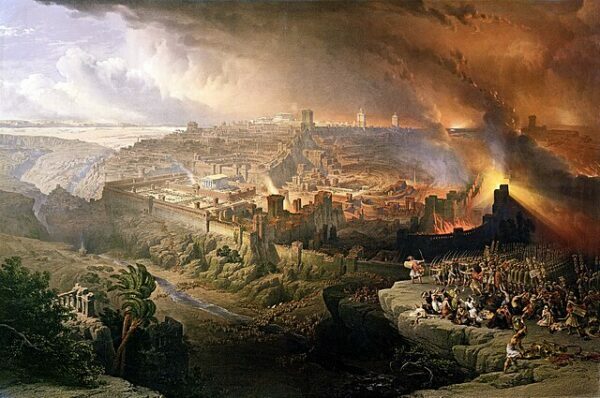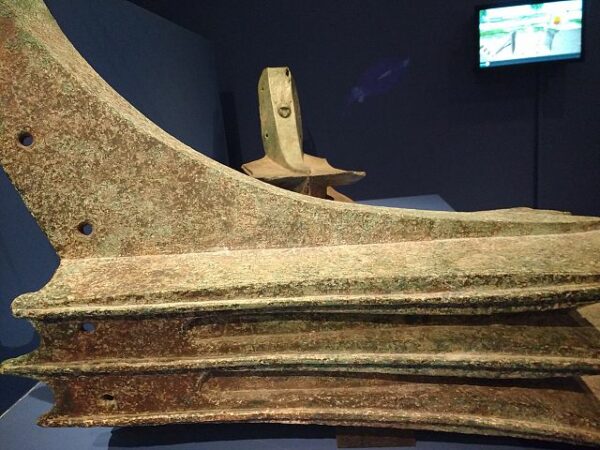Julius Caesar’s crossing of the Rubicon on January 10, 49 BC, marked a defining moment in Roman history, heralding a seismic shift in the Republic’s power dynamics. The Rubicon, a river that demarcated the boundary between Cisalpine Gaul and Italy proper, was more than…
Read MoreOn January 1, 45 BC, Julius Caesar changed the way the West marked their calendars, making January 1 the first day of the new year. Prior to the Julian reform, the Roman calendar was a complex lunar calendar that often fell out of phase…
Read MoreServius Tullius, the sixth king of Rome, holds a pivotal place in Roman history for his military achievements, societal reforms, and administrative innovations. Among his many accomplishments, his first triumph over the Etruscans remains a defining moment that showcased his strategic brilliance and leadership.…
Read MoreOn October 13, 54 AD, the Roman Emperor Claudius died under mysterious circumstances, widely believed to be the result of poisoning. Claudius, who had come to power unexpectedly following the assassination of his nephew, Emperor Caligula, ruled the Roman Empire for 13 years. Despite…
Read MoreOn September 23, 63 BCE, Gaius Octavius Thurinus was born in Rome, destined to become one of the most influential figures in history—Emperor Augustus. His birth marked the dawn of a new era for the Roman Republic, which would eventually transition into the Roman…
Read MoreBy the summer of 70 AD, the city of Jerusalem—once the spiritual and political heart of the Jewish people—was under siege by the legions of Rome. Titus, the ambitious son of Emperor Vespasian, commanded the assault. After months of grueling encirclement, starvation, and attrition,…
Read MoreThe Battle of the Aegates, fought on March 10, 241 BCE, marked a decisive moment in the First Punic War between Rome and Carthage. This naval engagement occurred near the Aegates Islands, located off the western coast of Sicily. The clash between the Roman…
Read More

